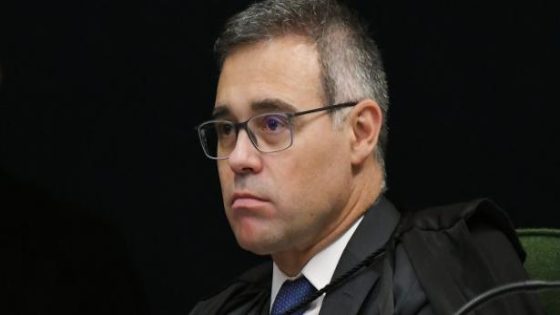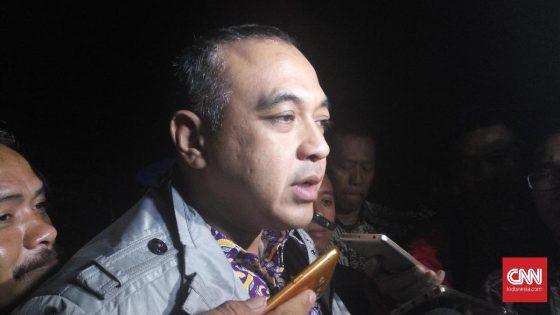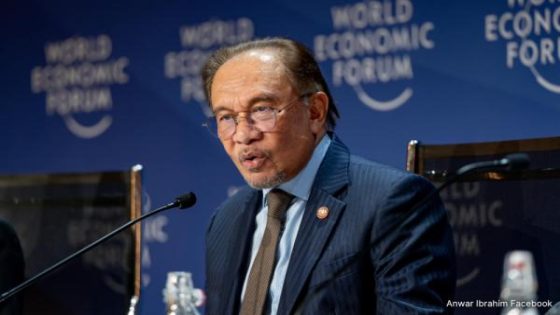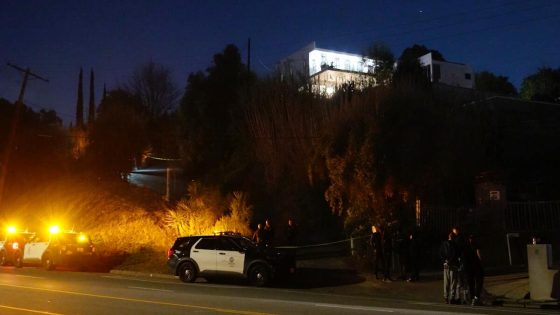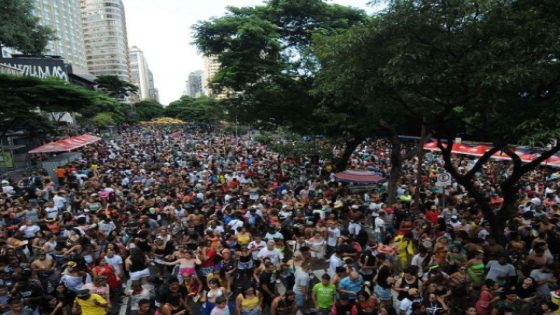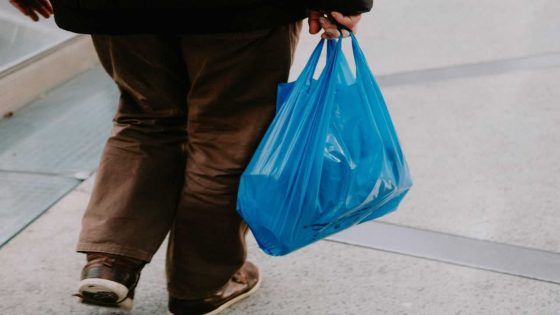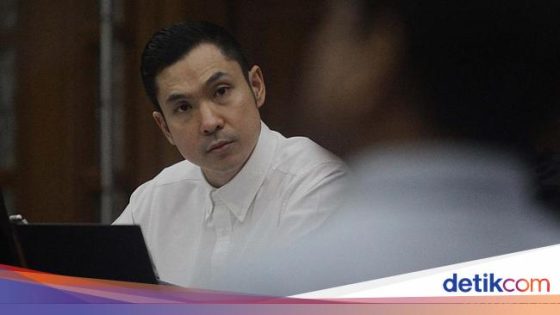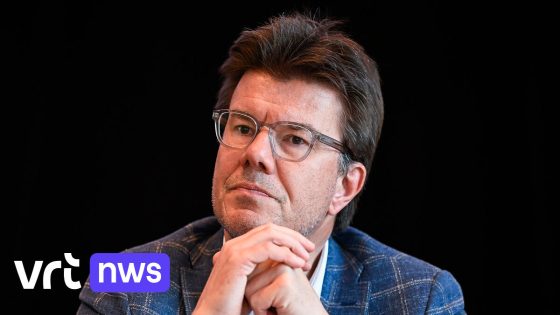On January 25, 2025, the Brazilian Supreme Court made headlines by suspending a controversial decree from President Lula that approved the demarcation of indigenous land in Santa Catarina. This decision has sparked intense debate about the future of indigenous rights in Brazil. How will this impact the lives of indigenous communities?
- Ongoing dispute over temporal framework unresolved.
- STF declared the thesis unconstitutional.
- Congress approved a law contradicting STF ruling.
- Gilmar initiated negotiation to reach consensus.
- Apib criticized decision for risking Indigenous lives.
- Decision aims to protect legal certainty.
Supreme Court’s Suspension of Lula’s Indigenous Land Decree Raises Concerns
What does this mean for the future of indigenous rights in Brazil? The Supreme Court’s action comes amidst a heated discussion on the “marco temporal” theory, which has been deemed unconstitutional. With negotiations ongoing, the implications for indigenous communities are profound.
Implications of the Supreme Court’s Decision on Indigenous Rights
The Supreme Court’s suspension of Lula’s decree highlights a critical moment in the fight for indigenous rights in Brazil. The ruling has raised alarms among indigenous advocates, who argue that it undermines their safety and future. The Articulação Nacional dos Povos Indígenas (Apib) has voiced strong criticism, emphasizing the potential dangers this decision poses to indigenous lives.
Understanding the “Marco Temporal” Debate
The “marco temporal” theory has been a contentious issue in Brazil, suggesting that indigenous land rights should only apply to territories occupied by indigenous peoples as of a specific date. This theory has faced significant backlash, with many arguing it threatens the very existence of indigenous communities.
- The Supreme Court ruled the theory unconstitutional.
- Congress is pushing for legislation to reinstate it.
- Negotiations are ongoing to find a resolution.
- Indigenous groups are mobilizing to protect their rights.
The Role of Negotiations in Resolving the Conflict
Following the Supreme Court’s ruling, Justice Gilmar Mendes initiated negotiations to address the ongoing disputes surrounding indigenous land rights. This move aims to create a consensus that respects indigenous communities while balancing legislative interests. However, the path to agreement remains fraught with challenges.
Future Prospects for Indigenous Communities in Brazil
The future of indigenous communities in Brazil hangs in the balance as the debate over land rights continues. With the Supreme Court’s decision, many fear for their safety and the preservation of their ancestral lands. The outcome of this ongoing struggle will significantly impact the lives of countless indigenous individuals.



